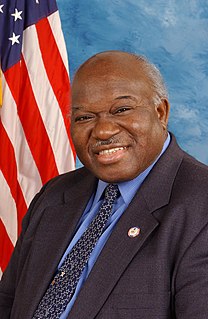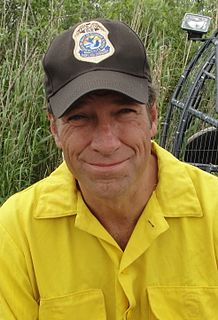A Quote by Deb Haaland
In Congress, I will fight for an education system that bridges the opportunity gap in order to help close the achievement gap, and prioritize models that sustain and enrich whole people and communities.
Related Quotes
To me the question right now is: How do I close that first three-quarters of the achievement gap, education gap, wealth gap? What gives me the best chance to do that? And I'm pretty darn sure that if America is a just society and treating people well right now, irrespective of past wrongs, that I'm going to close a big chunk of that gap. I've seen it.
The law of balance is a law of applied consciousness. You can never change it. You will get one thing, you lose the other, you get third thing, you lose the fourth. Always there will be a gap. The 'law of gap' is that there is no gap and how can that gap be filled? Be in gratitude. Make an attitude to be in gratitude, you will find the whole Universe will come to you.
I have the students for six hours a day. The community has them for 18 hours, plus prenatal and early childhood. I don't believe the schools create (the achievement gap), but our responsibility is not to add to it. We won't eliminate the gap until the community makes education a priority, but the schools can't wait for the community to do its part.
You build the bonds through the community and police force, build bonds of understanding, and then when people feel comfortable in their communities, that gap between the police and the communities they serve narrows. And when that gap narrows, it's safer for the communities and it's safer for the police.
Does that mean that all vestiges of past discrimination would be eliminated, that the income gap or the wealth gap or the education gap [between Afro-Americans and white] would be erased in five years or 10 years? Probably not, and so this is obviously a discussion we've had before when you talk about something like reparations.






























